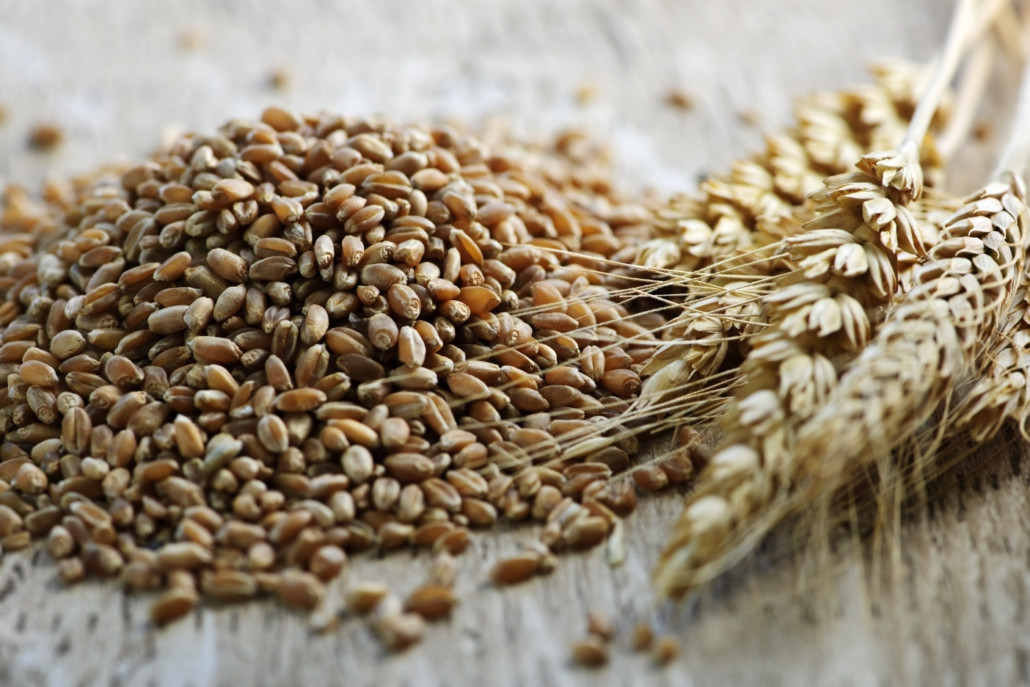Grains Marketing in Iran
Iran’s agricultural landscape heavily relies on imports to meet its demand for essential grains. In 2022, the country imported significant volumes of wheat, corn, and barley to sustain its food supply. With a wheat import volume of 4.5 million tons, Iran sought to supplement its domestic production and ensure a steady availability of this staple grain. Additionally, the import volume of 8.5 million tons of corn underscores its importance as a feed grain for livestock and as a raw material in various food and industrial applications. Furthermore, the import volume of 3 million tons of barley reflects its significance as a key ingredient in animal feed and brewing industries, highlighting Iran’s diverse agricultural needs and its reliance on global trade to fulfill them.
These import figures not only demonstrate Iran’s reliance on external sources for meeting its grain requirements but also reflect the country’s efforts to maintain food security and support its agricultural sector. By importing substantial quantities of wheat, corn, and barley, Iran aims to ensure a stable supply of essential grains, mitigating the impact of domestic production fluctuations and safeguarding against potential shortages. Moreover, these imports play a crucial role in supporting various industries, including livestock farming, food processing, and brewing, contributing to the overall economic stability and growth of the nation. As Iran continues to navigate the complexities of global trade and agricultural production, strategic import policies remain integral to sustaining its food security and promoting agricultural development.

